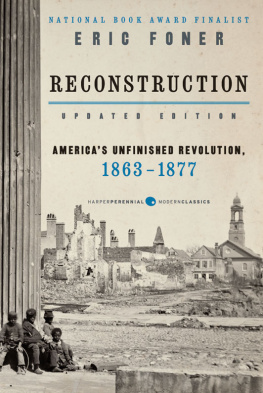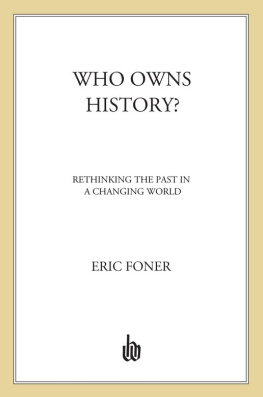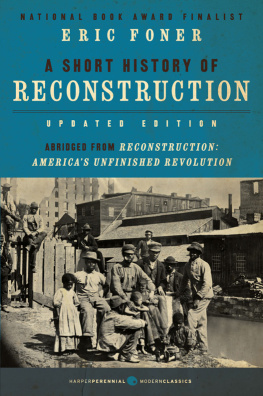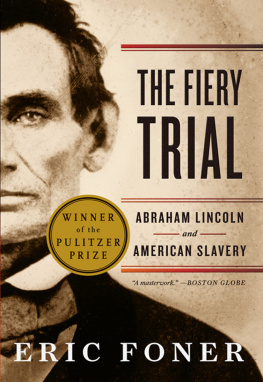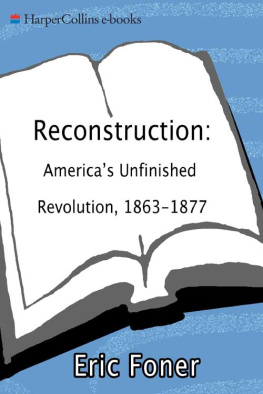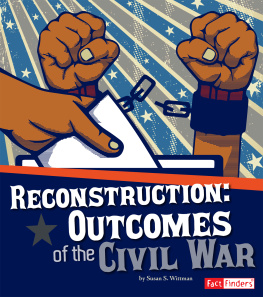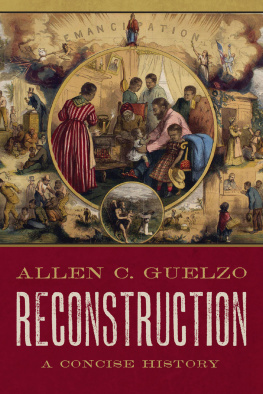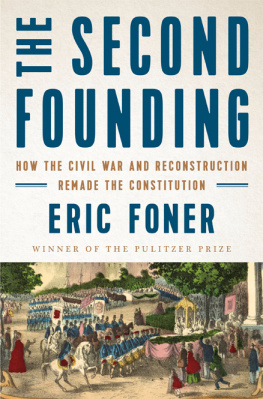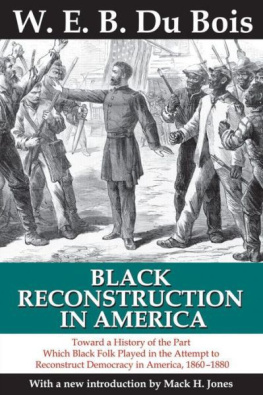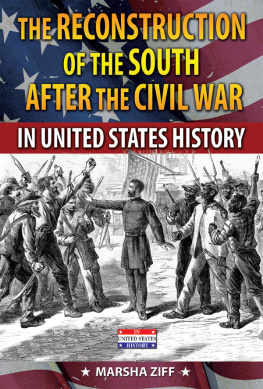ACAnnual Cyclopedia
AgHAgricultural History
AHRAmerican Historical Review
AI HQAlabama Historical Quarterly AMAAmerican Missionary Association
ArkHQArkansas Historical Quarterly
ASDAHAlabama State Department of Archives and History
CGCongressional Globe
CRCongressional Record
CWHCivil War History
DUDuke University
ETHSPEast Tennessee Historical Society Publications F1HQFlorida Historical Quarterly FSSPFreedmen and Southern Society Project, University of Maryland (with document identification number)
GaHQGeorgia Historical Quarterly
GDAHGeorgia Department of Archives and History
HLHuntington Library
HSPaHistorical Society of Pennsylvania
HUHoughton Library, Harvard University
IndMHIndiana Magazine of History
JAHJournal of American History
JEcHJournal of Economic History
JISHSJournal of the Illinois State Historical Society
JMHJournal of Mississippi History
JNHJournal of Negro History
JSHJournal of Southern History
JSocHJournal of Social History
LaHLouisiana History
LaHQLouisiana Historical Quarterly
LCLibrary of Congress
LMLLawson McGhee Library
LSULouisiana State University
MDAHMississippi Department of Archives and History
MHSMassachusetts Historical Society
MoHRMissouri Historical Review
MVHRMississippi Valley Historical Review
NANational Archives
NCHRNorth Carolina Historical Review
NCDAHNorth Carolina Division of Archives and History
NYPLNew York Public Library
Of/QOhio Historical Quarterly
PaHPennsylvania History
PaMHBPennsylvania Magazine of History and Biography
PMHSPublications of the Mississippi Historical Society
RG 105Record Group 105: Records of the Bureau of Refugees, Freedmen, and Abandoned Lands
RG 393Record Group 393: Records of the United States Army Continental Commands
SAQSouth Atlantic Quarterly
SCSophia Smith Collection, Smith College
SCDASouth Carolina Department of Archives
SCHMSouth Carolina Historical Magazine
SCHSSouth Carolina Historical Society
SHSWState Historical Society of Wisconsin
SSSouthern Studies
SWHQSouthwestern Historical Quarterly
THQTennessee Historical Quarterly
TSLATennessee State Library and Archives
UGaUniversity of Georgia
UNCSouthern Historical Collection, University of North Carolina
USCSouth Caroliniana Library, University of South Carolina
UTxEugene C. Barker Texas History Center, University of Texas
VaMHBVirginia Magazine of History and Biography
WMHWisconsin Magazine of History
WVaHWest Virginia History
The New
American Nation Series
EDITED BY
HENRY STEELE COMMAGER
AND
RICHARD B. MORRIS
P ROBABLY no other chapter of American history has been the subject, one might say the victim, of such varied and conflicting interpretations as what attempts to give unity and coherence to the era we call Reconstruction. Even the chronology is chaotic. Did the process begin with the bizarre creation of West Virginia in 1861or should that be dated 1863? Did it conclude with the Compromise of 1877 or was its true conclusion Brown v. Topeka in 1954? Was its central theme politicalthe reconstruction of the old Union, or was it legal and constitutionalthe revolutionary Fourteenth Amendment that still functions as an instrument of revolution? Was its central theme social and moralthe end of slavery, or did the realities of slavery persist for another half century or more? Was its significance fundamentally in what has been called the Emergence of Modern Americainto the Triumphant Democracy that Andrew Carnegie celebrated, or was it rather the emergence of America to world poweror certainly to Pacific power? Or might it all be interpreted in philosophical termsthe Age of Darwin and Spencer, of Lester Ward and William James, who contributed so much to reconstructing American thought?
Reconstruction embraced, of course, all these chapters of our historya conclusion illustrated by successive generations of historians from James Ford Rhodes, Ellis Oberholtzer, John W. Burgess, and Vernon Parrington to the schools of William Dunning, W.E.B. Du Bois, Walter Fleming, and Allan Nevins.
It is to this distinguished lineage of Reconstruction scholars that Professor Foner belongs, and in nothing is he more distinguished than in his independence and originality. The most striking feature of that independence is his insistence that the Negro was the central figure and the most effective in Reconstruction: in this he was, to be sure, anticipated by the great Negro leader, Du Bois. To the support of his thesis, Mr. Foner has brought a prodigious body of evidence, organized it not only skillfully but also, we may almost say, with stylistic genius, and produced what is a scholarly convincing reconstruction of what is indubitably the most controversial chapter in our history.
H ENRY S TEELE
C OMMAGER R ICHARD B. M ORRIS
H istorians, by and large, tend not to be very self-reflective. Autobiography, in vogue nowadays among anthropologists and English professors, seems to have little appeal in history departments. But the reissue of Reconstruction: Americas Unfinished Revolution to mark the 150th anniversary of the volatile era that followed the American Civil War offers the occasion for some brief reflections on how the book was originally written, how historical scholarship on Reconstruction has evolved in the last quarter century, and why an understanding of the period remains essential today.
It was the late Richard Morris, a distinguished scholar of early American history, who asked me to write the volume on Reconstruction for the New American Nation Series, for which he and Henry Steele Commager served as editors. The year was 1975 and the invitation totally unexpected. To be sure, my first book dealt with the preCivil War Republican party, many of whose leaders went on to play pivotal roles in Reconstruction. But when Morriss letter arrived, I was nearing completion of a book on Tom Paine and was planning to embark on a history of American radicalism. I had written nothing on Reconstruction except for an essay on Thaddeus Stevens, the leader of the eras Radical Republicans.
Years before, it is true, I had made an initial foray into Reconstruction history in my American history class at Long Beach High School, in the suburb of New York City where I grew up. Our teacher was Mrs. Bertha Berryman, affectionately known among the students as Big Bertha (after a piece of World War I artillery). Following the then-dominant view of the era, Mrs. Berryman described the Reconstruction Act of 1867, which gave the right to vote to black men in the South, as the worst law in all of American history. I raised my hand and disagreed, suggesting that the Alien and Sedition Acts were worse. Mrs. Berryman replied, If you dont like the way Im teaching, why dont you come in tomorrow and give your own lesson on Reconstruction? This I proceeded to do, admittedly with the help of my father, himself a historian. My presentation was based largely on W. E. B. Du Boiss monumental work,

